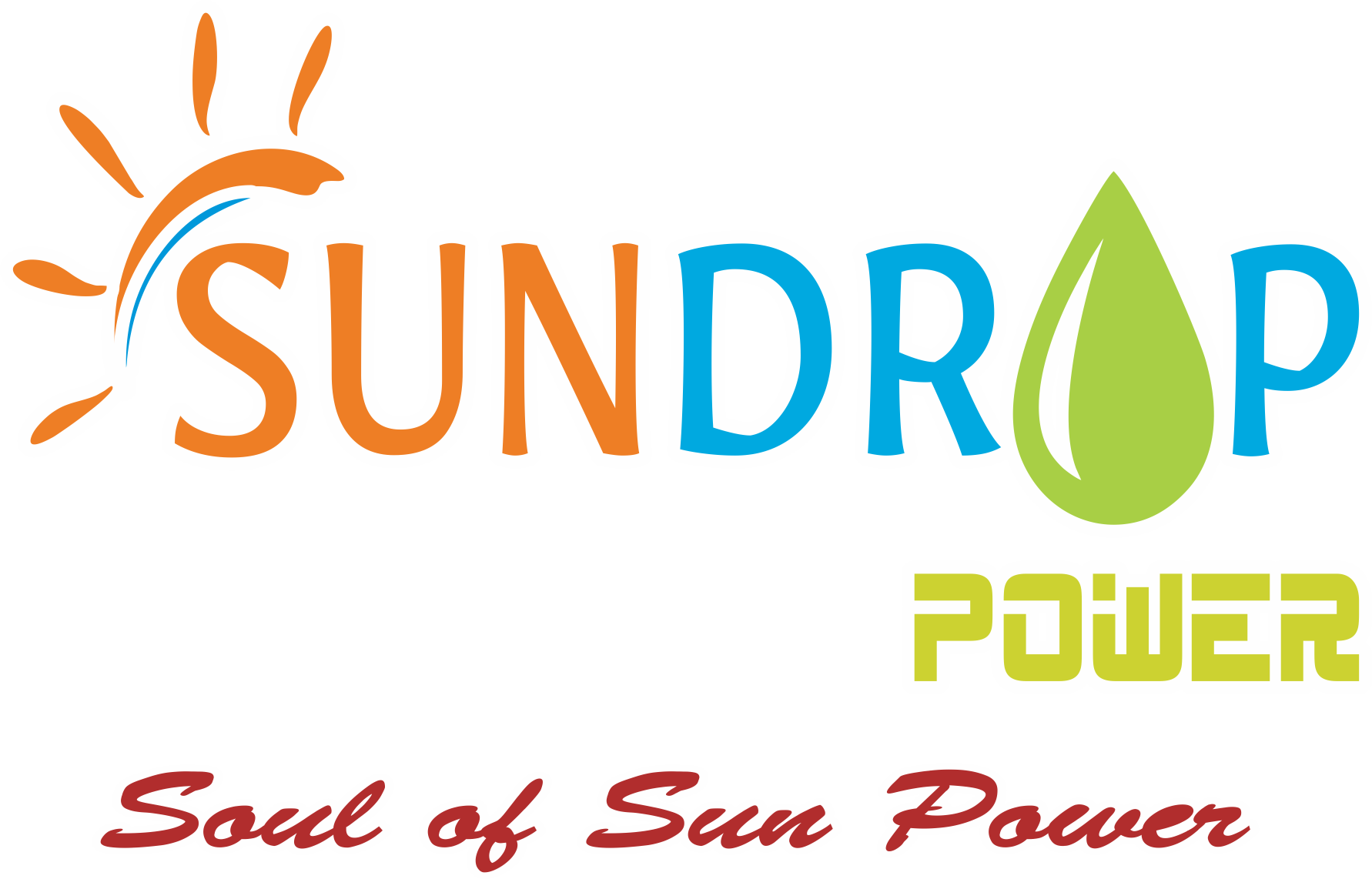FAQ
- Home
- FAQ
FAQ
Popular Question
Solar panels absorb the sun's energy throughout the day and convert it into direct current (DC) electricity. Most homes and businesses run on alternating current (AC) electricity, so the DC electricity is then passed through an inverter to convert it to usable AC electricity. At that point, you either use the electricity in your house or send it back to the electric grid.
Unless your solar energy system includes battery storage and you are fully off the grid, you will still receive a bill from your utility. However, you can dramatically reduce your bill, or even cut the amount you owe to $0, with a solar panel system that matches your energy use.
If your solar panel system is connected to the grid, it will shut off in the event of a blackout. This is to prevent emergency responders and electricity utility repair-people from being injured by your panels sending power back to the grid. However, there are certain inverters you can buy that provide backup power in a blackout when paired with a battery.
Solar panel systems are made of durable tempered glass and require little to no maintenance for the 25 to 35 years that they will generate power. In most cases, you don’t even need to clean your solar panels regularly. If something does happen, most equipment manufacturers include warranties, although warranty terms depend on the company.
Southerly-facing roofs with little to no shade and enough space to fit a solar panel system are ideal for installing solar. However, in many cases there are workarounds if your home doesn’t have the ideal solar roof. Register your property on Energy Sage to learn more about all of your options; all installation offers are based on images of your actual roof.
Free Consultation If You Want Build New Project With Us
The solar system is one of the efficient ways to save money and fuel consumption. If generating electricity from a solar system is cost-efficient and saves fossil energy then why not?
